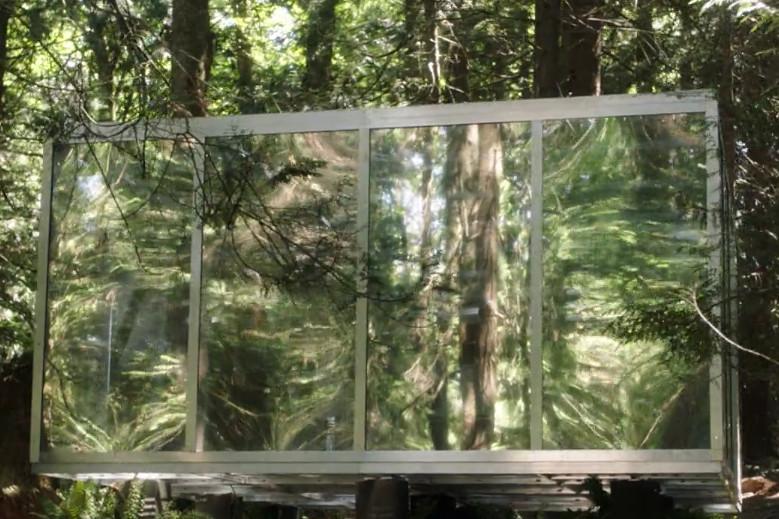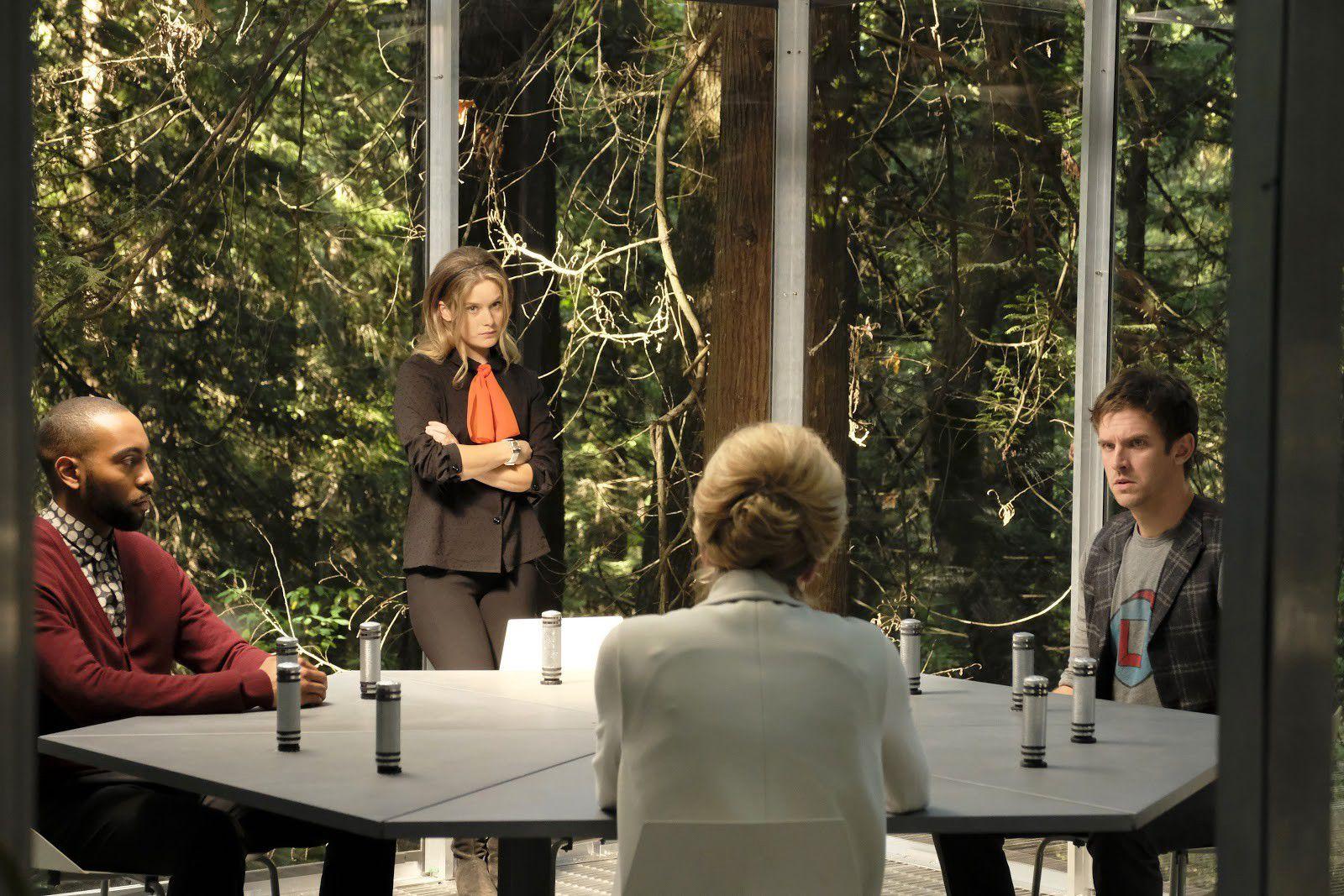J.J. Abrams TED talks about something called the “mystery box.” The mystery box is the narrative engine of a movie or a show — the thing that keeps you watching and that gives the filmmaker leeway to get to building the stuff of drama. You know: developed characters and a plot. You need to know what’s inside. It’s the idea at the center of most of his work. Where, or rather when, is the island on Lost? What is the rabbit’s foot in Mission: Impossible 3? What’s behind the seeming natural disaster in Cloverfield? The mystery is the hook.
The mystery box has proved to be a tremendously effective and influential storytelling style. Consider a movie like Arrival, or shows like Mr. Robot and Westworld: The thing that makes them so compelling is their judicious withholding of crucial information. On television, the mystery box has worked in a pretty specific way. The first four or five or six episodes establish a reality: Elliot is a hacker; Jeffrey Wright is in charge of the sex robots. And then — whoops, there goes the rug. Elliot is in a mental hospital; Jeffrey Wright is a sex robot. The mystery box is open, and the back half of a given season (this generally occurs on shows with limited, 10-to-12-episode runs) is devoted to unpacking and cataloguing its contents.
The centerpiece of Legion’s second episode is a mystery box. Let me be even clearer: The literal physical centerpiece of Legion’s second episode is a LITERAL GODDAMN MYSTERY BOX. IN THE FOREST. COVERED IN MIRRORS.
Look at it! Look at this mystery box:

I wasn’t kidding, right? The box is at Summerland, the wooded enclave where Melanie Bird (Jean Smart) shelters and trains wayward mutants. It’s prep school for telepaths, but it’s definitely not Xavier’s School for Gifted Youngsters. The distinction is crucial: The show’s protagonist might be X-Men character David Haller (Dan Stevens), but Legion, creator Noah Hawley has reminded us time and again, is not your standard superhero property. (Ringer podcast host Andy Greenwald is a coproducer on the show.) For now, though, forget the fan-service quibbling. The most interesting thing here is this shiny mirrored box, and the way Hawley uses it to flip Abrams’s “mystery box” structure inside out. The mystery box is a mystery box, but it’s not just that. It’s also — sorry! — a metaphor.
Consider what happens inside the box in “Chapter 2.” Look, even: Here they are, just a couple of definitely-not-mutants inside an elevated mirror-paneled cube. (Wouldn’t it be … really, really hot in there? Maybe it’s temperate year-round in Summerland, in which case they should have just called it “coastal Italy.”)

Bird is in there with David and his girlfriend, Syd. They sit around a table (nice Blu Dot chairs, dudes) and grab joysticks as “memory artist” Ptonomy plunges them into David’s memories. Suddenly we’re watching David watch himself chase his sister through a field. We’re watching him watch himself garden with his mother. And then we’re watching him watch himself in bed, as his father, face obscured, reads him a terrifying book (The World’s Angriest Boy in the World). David takes the boy’s (read: his own) spot in bed, and everything goes to pieces. He has an episode; the walls start shaking; and then we’re back in the box. Memory work is over. Or maybe it’s not: The next scene revisits a past session with David’s psychologist, which then cuts into another, earlier memory, and then still deeper, Inception-style. Melanie and Ptonomy appear in some of these scenes, but not in all of them. It’s impossible to tell the difference between a memory and a traditional flashback, and between the stuff happening inside David’s head and the stuff happening in the world. There is no world. It’s profoundly destabilizing.
Think about Westworld: The Big Reveal forces viewers to realize that what they’ve been watching hasn’t been real. Same with Mr. Robot. These are traditional mystery-box shows: The audience starts on the outside, opens the box, and finds answers. But Legion reverses the formula. Just like the characters, we are literally inside the mystery box. The rug can’t be pulled out from under us, because there is no rug. David’s memories and his time in Summerland and his capture in the pilot by creepy government agents: It’s the stuff of comic book origin stories, sure. But it’s also the stuff of paranoid delusion and fantasy. Everything is possible, which means nothing is, too. What we really need is a little bit of perspective: a view of the mystery box from the outside. A shared reality, even one that the show might then upend in a twist everyone saw coming.
Legion’s steadfast rejection of superhero tropes is a sore spot here, but I think it might also serve as a way forward. In the comics, David is rather famously the son of X-Men patriarch Charles Xavier. For comic-rights reasons, but also for narrative-obfuscation ones, Hawley has refused to say whether Xavier will appear in the show. But there’s just enough room for the possibility. In one of David’s maybe-memories, he takes an extra-stylized midnight trip to see the stars with his dad, an “astronomer.” Dad’s face is obscured in the car, which they drive to the top of a hill. The sky fills with stars; viewed from the right angle, it looks a little bit like something X-Men fans might recognize. Two episodes in, Legion is basically impenetrable. Cracking open the mystery box a hair — giving us a jumping-off point, however small, for weeks of breathless internet theorizing — would go a long way.